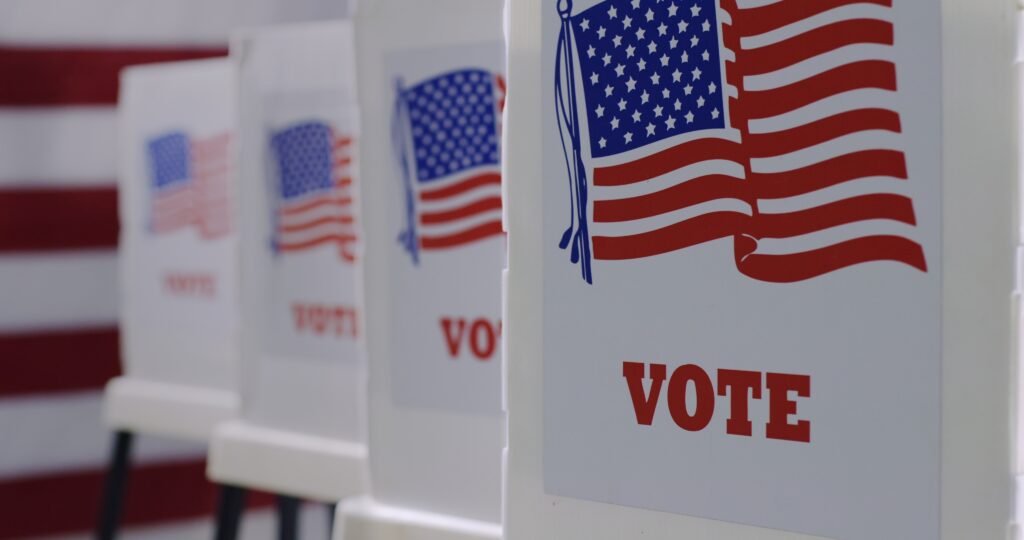Aluminum

Background
On March 23, 2018, a 10 percent tariff was imposed on primary aluminum imports, excluding Canada and Mexico. While the intent was to protect American jobs, the unintended consequence of this policy might have negative effects on industries such as brewing.
Aluminum and the U.S. Beer Industry
There are more than 7,752 active breweries in the United States, supporting more than 2.42 million American jobs. Imported primary aluminum and cansheet are critical to the beer industry as more than 74 percent of all beer produced and sold in the United States is packaged in aluminum cans and aluminum bottles. In 2020, brewers bought more than 41 billion aluminum cans and bottles, and aluminum is the single largest input cost in American beer manufacturing.
U.S. businesses that use cansheet purchase aluminum by paying a Midwest Transaction Price (MWTP). The MWTP consists of two major components: an underlying base price for the aluminum metal as traded daily on the London Metal Exchange (LME) and an additional premium above the LME price known as the Midwest Premium (MWP).
The Increasing Cost of Aluminum
The MWP, created by metal producers years ago, was initially intended to cover the logistical costs of moving metal into North America – similar to a shipping and handling fee. With the rise in cost of manufacturing beverage cans being driven by increased aluminum fees and a complex benchmarking method to set the Midwest Premium, the cost to manufacture beverage cans has increased dramatically.
Even though the United States exempted aluminum imported from Canada from the 232 tariffs in May 2019, between May and October 2023, Canadian smelters received $206 million from tariffs– more than the U.S. government ($135 million) or U.S. smelters ($168 million).
Additionally, more than 70% of American cansheet is made from recycled scrap aluminum, which is also not subject to Section 232 tariffs; however, America’s beverage companies, both non-alcohol and alcohol, are still charged the full “tariff-paid” premium which has resulted in increased manufacturing costs for local brewers and bottlers.
To learn more about how the MWP hurts brewers and other industries that depend on aluminum, visit MidwestPremiumExposed.org.
Why is this happening?
Why? Under current law, no federal agency has oversight over setting the Midwest Premium. As a result, companies in the aluminum supply chain charge the Midwest Premium, a price that reflects the full tariffed price of aluminum, even on aluminum, not subject to the tariff.
However, most of the aluminum sold in the United States comes from countries that are not subject to the tariff. In the case of aluminum cansheet, most is not subject to a tariff because it is made from recycled scrap aluminum. Despite this fact, brewers are paying the full “tariff-paid” premium, which has resulted in increased manufacturing costs for American brewers. Importantly, so long as the U.S. needs to import aluminum, even negligible amounts, from countries subject to tariffs, all aluminum, including scrap, will reflect that pricing premium.
As opposed to the Midwest Premium, the LME component is traded on an open exchange where global aluminum producers and users can discover a fair and transparent price for the actual metal. The MWP, on the other hand, is set by only one entity, which enjoys a unique, unregulated, and non-transparent controlling influence over benchmark pricing for commodity markets through an opaque polling system consisting of mainly traders, banks, and producers, speculating on price, for which consumers, such as beverage companies, have no choice but to pay.
Beer Institute Position
In order to compete, American brewers need a fair and transparent pricing system for aluminum. The Beer Institute supports policies the reduce costs for the U.S. beverage industry and excludes additional fees on imported aluminum.
To provide transparency to aluminum benchmarking entities, the Beer Institute supports passage of the Aluminum Pricing Examination (APEX) Act. This commonsense legislation, which was been introduced in both the 116th and 117th Congress, would provide the Commodity Futures Trading Commission and Department of Justice the necessary authority to provide oversight over price benchmarking entities, including those that publish the Midwest Premium.
The Beer Institute also supports efforts from a bipartisan coalition of members of Congress who have requested the Department of Commerce and Department of Justice investigate the unregulated MWP to ensure pricing irregularities and other unfair market practices do not disproportionately have a harmful effect on end-users of aluminum.
To provide a much-needed analysis of aluminum markets, the Beer Institute requests an investigation by the Department of Justice and Department of Commerce into aluminum pricing practices.
Other Resources













